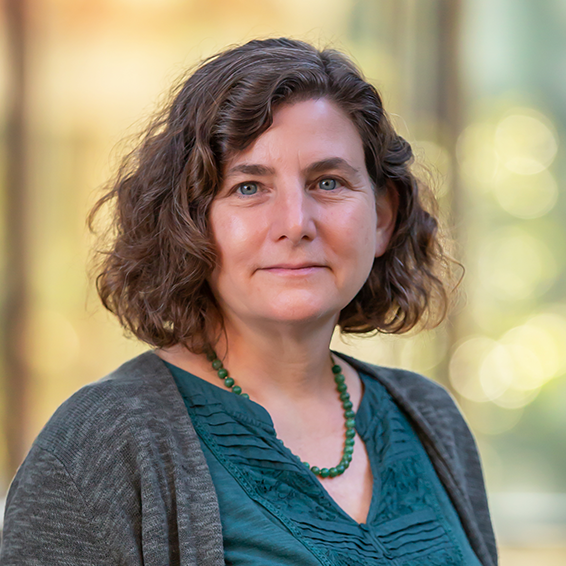Juvenile Justice & Education: Re-envisioning San Mateo County Alternative Schools (809J)
This policy practicum will provide students the opportunity to be part of designing and operationalizing an innovative approach to alternative education in San Mateo County. Students will work closely with the County Office of Education, the San Mateo Community College District and the Youth Law Center. Participants in the practicum will be involved in supporting the San Mateo County Office of Education (SMCOE) as it re-envisions its alternative education program.
In California, the County Office of Education is responsible for educational programs for certain students that are not attending school within their school district. This includes incarcerated students and students who have been referred to the County-run alternative school based on an expulsion from their district due to a disciplinary incident, a referral from the truancy review board, or through their involvement in the juvenile justice system.
One of the alternative schools overseen by SMCOE is the community school–Gateway. SMCOE would like to completely redesign the Gateway program while, at the same time, consider changes and improvements in the entire alternative education system, including how students enter the County program and transition out of the program. SMCOE is particularly interested in increasing its collaboration with the community college district, which offers an exciting opportunity for an innovative approach that could be replicated throughout the state. SMCOE has already engaged the National Equity Project to begin this redesign process.
Practicum students will work in collaboration with SMCOE, the community college district, the Youth Law Center, and the National Equity Project to support the design and implementation of a reimagined alternative school program. Students will conduct research on legal issues, funding, best practices and models from other jurisdictions. They will provide a written report to SMCOE to assist them in making the new vision a reality. They will also document all steps in the redesign and implementation process to create a useful tool for other counties that might wish to engage in a redesign of their alternative education program. (Note: this final portion of the project will likely be completed in the spring quarter, with both new and continuing students.) Graduate and professional students from law, education, and public policy are invited to apply.
Elements used in grading: Attendance, performance, class participation, written assignments.
CONSENT APPLICATION is due by Dec. 1: To apply for this course, students must submit a Consent Application Form at the SLS Registrar https://registrar.law.stanford.edu/.

